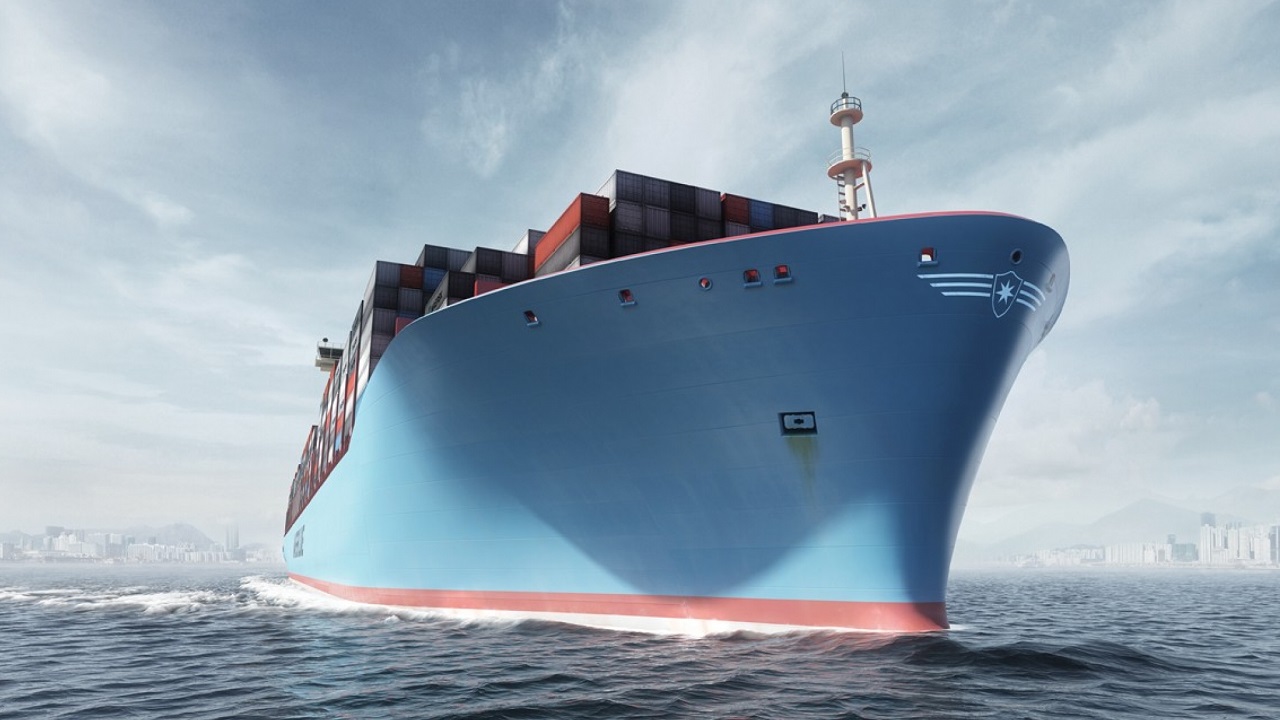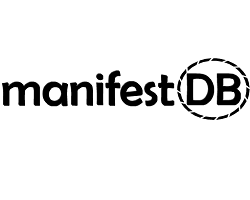A.P. Moller–Maersk Group

The largest operating unit in A.P. Moller–Maersk by revenue and staff (around 25,000 employees in 2012) is Maersk Line. In 2013, the company described itself as the world's largest overseas cargo carrier and operated over 600 vessels with 3.8 million twenty-foot equivalent unit (TEU) container capacity. As of September 2015, as the largest container fleet, it held 15.1% of the global TEU.
In 2006, the largest container ship in the world to that date, the E-class vessel Emma Maersk, was delivered to Maersk Line from Odense Steel Shipyard. Since, seven other sister ships have since been built, and on February 21, 2011 Maersk ordered 10 even larger container ships from Daewoo, the Triple E class, each with a capacity of 18,000 containers. The first were delivered in 2013.There was an option for 10–20 more, and in June 2011, Maersk placed a follow-on order for a second batch of ten sister ships (to the same design with the same shipyard,) but cancelled its option for a third batch of ten.
As of February 2010, Maersk had an order book for new ships totaling 857000TEU (including options on the Triple E class); that backlog is larger than the existing fleet of the fourth-largest line, Evergreen Line.
Maersk Line cooperated with the US Navy on testing 7–100% algae biofuel on the Maersk Kalmar in December 2011.
In January 2012, Søren Skou took over as CEO of Maersk Line from Eivind Kolding. Later that year, the company ceased its business in Iran in order to prevent potential damage to the company's business with Western countries, particularly the US, due to the sanctions regime led by those countries.
APM Terminals:
A.P. Moller–Maersk's independent APM Terminals business unit with its separate headquarters in The Hague, Netherlands, operates a Global Port, Terminal and
Inland Services Network with interests in 57 ports and container terminals in 36 countries on five continents, as well as 155 Inland Services operations in 48 countries.
Port and Terminal Operations include:
Europe: Algeciras, Aarhus, Barcelona, Bremerhaven, Gothenburg, Port of Poti, Rotterdam-Maasvlakte, Rotterdam-Maasvlakte 2, Wilhelmshaven-JadeWeserPort, Valencia, Gijon, Izmir, Zeebrugge.
North America: Los Angeles, Miami, Mobile, Port Elizabeth, Tacoma.
Latin America: Buenos Aires, Itajaí, Pecém, Callao, Santos, Lázaro Cárdenas, Puerto Quetzal, Yucatan, Buenaventura (Colombia), Cartagena, Limon (Costa Rica).
Middle East: Aqaba, Haifa, Bahrain, Salalah, Port Said.
Asia: Cai Mep, Colombo, Dalian, Guangzhou, Kobe, Laem Chabang, Karachi, Pipavav, Qingdao, Tanjung Pelepas, Tianjin, Shanghai, Xiamen, Yokohama.
Maersk Container Industry:
Maersk Container Industry A/S: Container manufacturing with factories in China (Dongguan and Qingdao) and headquarters in Denmark (Tinglev).Container Inland Services: Includes: depots, equipment repair, trucking, container sales and related activity.

